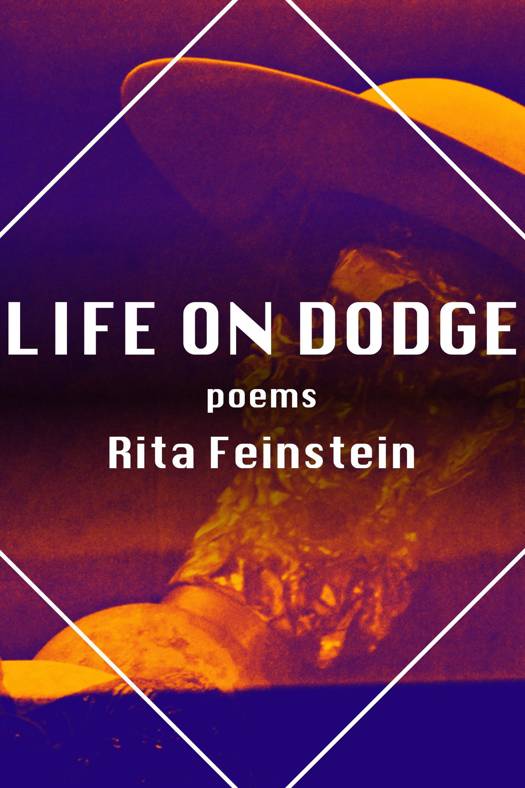
- Retrait gratuit dans votre magasin Club
- 7.000.000 titres dans notre catalogue
- Payer en toute sécurité
- Toujours un magasin près de chez vous
- Retrait gratuit dans votre magasin Club
- 7.000.0000 titres dans notre catalogue
- Payer en toute sécurité
- Toujours un magasin près de chez vous
Description
I realize that being a woman is a lot / like being a planet—I can't decide / what my gravity attracts. I am as helpless / as I am powerful.
Poet Rita Feinstein builds a planet from twenty-five sonnets of lost love, and the astrophysics is undeniable. What has more gravitational pull than loss? What is a more alien landscape than the rearrangement of a heart?
A strong narrative arc built from verse, Feinstein's debut collection crosses Shakespeare with science fiction to launch readers into a world apart where a newly broken heart is celebrated, examined, nurtured, and let to rage, as if only the atmosphere of an entirely new planet is able to bear the process of healing. This emotionally generous collection looks at pain and love—fourteen crystalline and confessional lines at a time. Dodge, as the speaker names her planet, "is not Virginia." It is "red because a horse heart / is red . . . Red because / that's what I was wearing when I left," and as the speaker fills Planet Dodge with men (because "there's no reason for Dodge / to be this empty"), she finds "how easy it is to hate them all / after six years of loving you too much."
Life on Dodge is a powerful cycle of confessional verse, a contemporary radio signal to Plath and Sexton, utterly unafraid of the heat and danger of reentry after the fully interstellar escape that comes after heartbreak. "Next month the pain will be less, / and the next month it will simply disappear. / For example: today you are coming to Dodge. / You are coming to take me home."
Spécifications
Parties prenantes
- Auteur(s) :
- Editeur:
Contenu
- Langue:
- Anglais
- Collection :
Caractéristiques
- EAN:
- 9781948559201
- Date de parution :
- 29-10-18
- Format:
- Ebook
- Protection digitale:
- /
- Format numérique:
- ePub

Les avis
Nous publions uniquement les avis qui respectent les conditions requises. Consultez nos conditions pour les avis.






